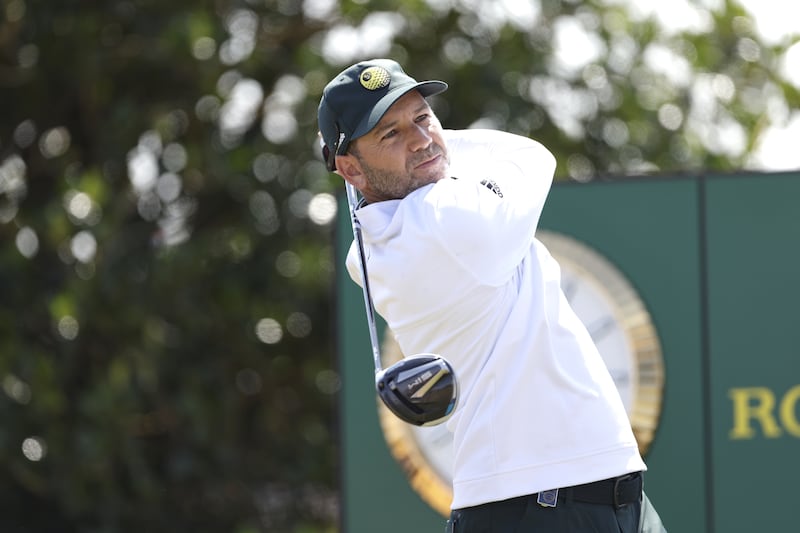Golf courses in the Republic could begin to look less pristine than their competitors in the north due to a new EU directive due to take effect next year.
The Sustainable Use Regulation (SUR), which aims to reduce general pesticide use by 50 per cent, is targeted at agriculture but will also ban pesticides on golf courses and other public spaces deemed "sensitive areas".
The ban would stop the use of fungicides that curb disease on greens and herbicides that control weed growth in rough and fairway areas.
Irish firm Carr Golf said the ban will severely hinder the management of weeds, disease and turf loss on golf courses leaving golfers in the Republic more in the rough than ever.
The result would be some of the most iconic courses in the south having to compete for business with those in the north where the new rules will not apply because of Brexit.
Ed Pettit, Managing Director of Carr Golf, said: "You have Baltray and Seapoint (in Louth) where these new regulations will apply.
"And you just go over the border to Royal County Down and Ardglass where the same regulations won't apply," he told the Sunday Times.
"Ireland is somewhat unique in Europe in that we're competing with the UK in terms of the links product".
Mr Pettit said golfers are travelling for one primary reason - the trophy links courses.
"If our links golf courses go back significantly compared to our main competitors, what hope do we have?," he said.







